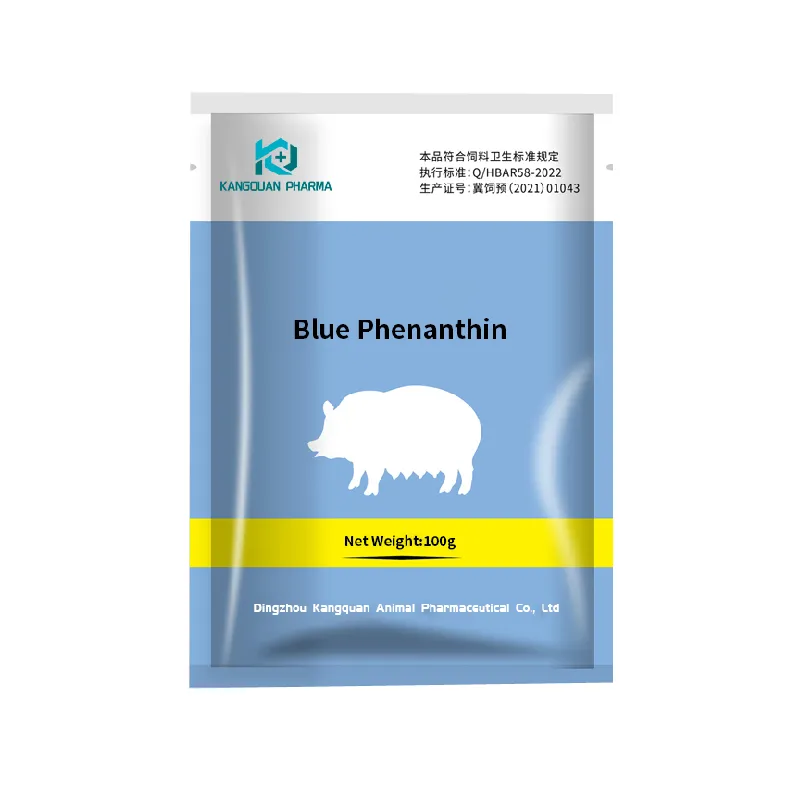- Afrikaans
- Albanian
- Amharic
- Arabic
- Armenian
- Azerbaijani
- Basque
- Belarusian
- Bengali
- Bosnian
- Bulgarian
- Catalan
- Cebuano
- Corsican
- Croatian
- Czech
- Danish
- Dutch
- English
- Esperanto
- Estonian
- Finnish
- French
- Frisian
- Galician
- Georgian
- German
- Greek
- Gujarati
- Haitian Creole
- hausa
- hawaiian
- Hebrew
- Hindi
- Miao
- Hungarian
- Icelandic
- igbo
- Indonesian
- irish
- Italian
- Japanese
- Javanese
- Kannada
- kazakh
- Khmer
- Rwandese
- Korean
- Kurdish
- Kyrgyz
- Lao
- Latin
- Latvian
- Lithuanian
- Luxembourgish
- Macedonian
- Malgashi
- Malay
- Malayalam
- Maltese
- Maori
- Marathi
- Mongolian
- Myanmar
- Nepali
- Norwegian
- Norwegian
- Occitan
- Pashto
- Persian
- Polish
- Portuguese
- Punjabi
- Romanian
- Russian
- Samoan
- Scottish Gaelic
- Serbian
- Sesotho
- Shona
- Sindhi
- Sinhala
- Slovak
- Slovenian
- Somali
- Spanish
- Sundanese
- Swahili
- Swedish
- Tagalog
- Tajik
- Tamil
- Tatar
- Telugu
- Thai
- Turkish
- Turkmen
- Ukrainian
- Urdu
- Uighur
- Uzbek
- Vietnamese
- Welsh
- Bantu
- Yiddish
- Yoruba
- Zulu
7 月 . 26, 2024 04:04 Back to list
Effective Treatments and Preventative Measures for Eliminating Tapeworms in Feline Companions
What Kills Tapeworms in Cats?
Tapeworms are a common parasite that can affect cats, leading to various health issues if left untreated. These flat, segmented worms can reside in the intestines of felines, absorbing nutrients from their host’s food. Understanding what kills tapeworms in cats is crucial for pet owners who aim to maintain their pet's health and well-being.
Understanding Tapeworms
Tapeworms are typically contracted when a cat ingests infected fleas or when it eats rodents and other small animals that carry the larvae. The most common type of tapeworm found in cats is the *Dipylidium caninum*, which is often associated with flea infestations. Symptoms of tapeworm infection may include weight loss, increased appetite, lethargy, and the presence of small, rice-like segments around the cat's anus or in its feces.
Diagnosis of Tapeworm Infection
If you suspect that your cat may have a tapeworm infection, it’s important to consult a veterinarian for an accurate diagnosis. The vet will usually examine a fecal sample under a microscope or look for eggs or segments in the perianal area of the cat. Once diagnosed, the treatment process can begin.
Treatment Options
Several effective treatments exist for eliminating tapeworms in cats. The most common treatment consists of oral medications known as anthelmintics. Some of the widely used medications include
what kills tapeworms in cats

1. Praziquantel This is one of the most effective treatments for tapeworms in cats. It works by causing paralysis in the tapeworms, allowing them to be expelled from the cat's body through its feces.
2. Fenbendazole This medication is broad-spectrum and can treat various intestinal parasites, including tapeworms. It works by inhibiting the worms' ability to absorb glucose, eventually leading to their death.
3. Pyrantel Pamoate Although not specifically a tapeworm treatment, it can help manage other intestinal worms and is sometimes used in combination with other medications.
Preventative Measures
While treatment is important, prevention is equally crucial in managing tapeworm infections. Regular veterinary check-ups and deworming protocols can help ensure that your cat remains free from parasites. Additionally, flea control is critical as fleas are a common vector for tapeworms. Using appropriate flea prevention medications can greatly reduce your cat’s risk of tapeworm infection.
Maintaining a healthy diet and providing your cat with a clean environment can also contribute to its overall health and reduce the risk of parasitic infections. Ensuring that your cat does not hunt or consume raw prey can further minimize exposure to tapeworms.
Conclusion
In conclusion, while tapeworms can be a nuisance for cats, they can be effectively treated with the right medications and preventative measures. If you notice any signs of tapeworm infection in your pet, do not hesitate to consult your veterinarian for an accurate diagnosis and appropriate treatment. By staying vigilant and proactive, you can help protect your feline friend from the dangers posed by tapeworms and ensure a long, healthy life for your beloved pet.
-
The Power of Radix Isatidis Extract for Your Health and Wellness
NewsOct.29,2024
-
Neomycin Sulfate Soluble Powder: A Versatile Solution for Pet Health
NewsOct.29,2024
-
Lincomycin Hydrochloride Soluble Powder – The Essential Solution
NewsOct.29,2024
-
Garamycin Gentamicin Sulfate for Effective Infection Control
NewsOct.29,2024
-
Doxycycline Hyclate Soluble Powder: Your Antibiotic Needs
NewsOct.29,2024
-
Tilmicosin Premix: The Ultimate Solution for Poultry Health
NewsOct.29,2024













